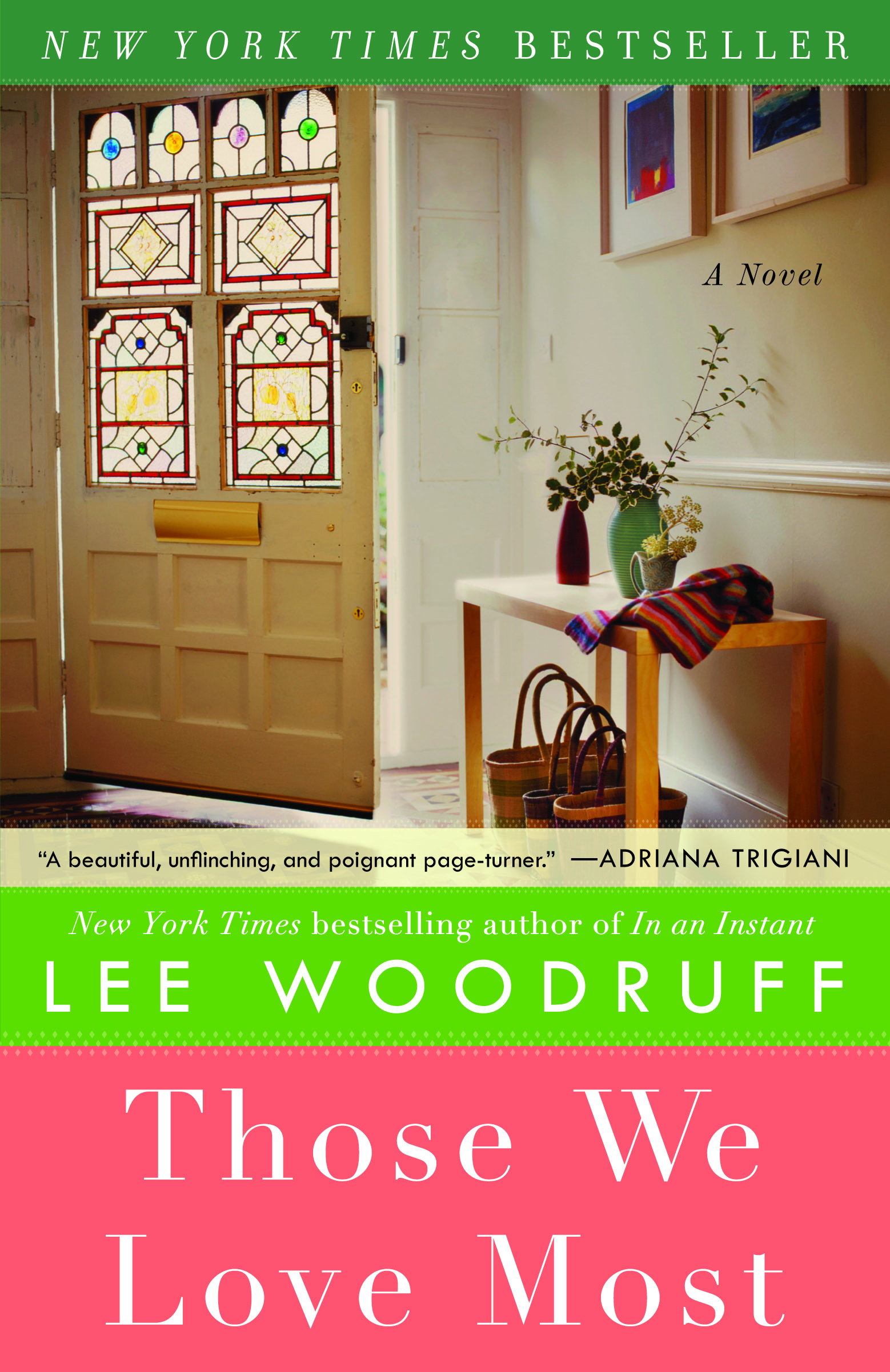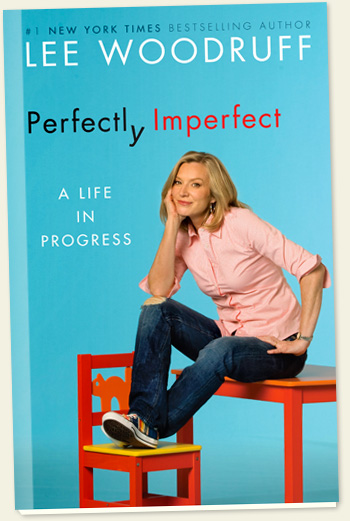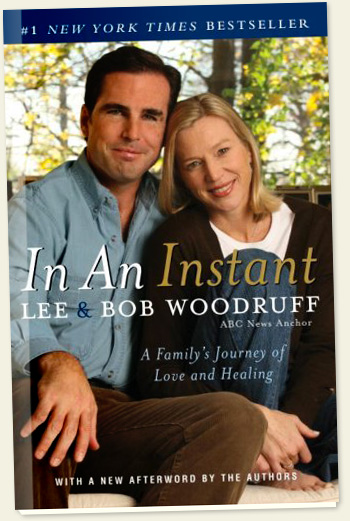I can still feel his creepy little sausage fingers on my thigh. Babysitting his kids wasn’t my favorite job, but my parents expected all of us to earn spending money. The father always volunteered to drive me home and I dreaded the discomfort of the short ride, the forced conversation, the way he leaned toward me with boozy breath as I hugged the door. Front seats in the sedans and station wagons of the 70s stretched into one long make-out sofa. Great for boyfriends, bad for rides with creepy Dads.
I wanted nothing more than to bolt out of that car and run into my house. But I ‘d been taught to show respect to adults, to be, above all, polite. He was probably in his 30s or 40s – old -- someone who knew my parents, and a neighbor. And if I thought much about it at all, I assumed, with a victim’s shame, that his veiled sexual advances were connected to something I had done wrong. Perhaps my braces-filled smile and newly developed body sent an erroneous message that I had yet to decode amidst the confusion of burgeoning adolescence.
A few years before him there had been a family friend who liked to photograph children as a hobby. When I displayed an interest in photography, he offered to “teach” me about developing film in his basement darkroom. I remember the feeling of my skin prickling, like filings lining up on a magnet, as he moved next to me in the covert blackness and then kissed me, as if I was his for the taking. “Uummmm… that’s nice,” he said and yet I can’t recall anything about how I got out of there, what excuse I muttered as I fumbled at the door. But I do remember thinking that above all I should be polite. Good girls didn’t make a scene. Scroll ahead in time to the roguish professor who sat too close on the office couch while reviewing my “work.” I sensed only smarmy low-level alarm bells before he grabbed me and shoved his tongue in my mouth.

The shame of these incidences still burns. I’ve never mentioned this publically until now. In those days no one was actively teaching girls to stand up and call someone on the carpet. No parents I knew gave lectures about pedophiles or molestation or Sunday school teachers who took advantage of their charges. There were only bad boys, boys our own age who could ruin our reputations. Danger didn’t come disguised as grown-ups we knew or authority figures. That kind of power was unquestioned.
Years later I told my mother about the family friend in the dark room. At the time I had merely mentioned that I wasn’t comfortable with him and she had brushed me off, minimized my ambiguous feelings. I didn’t have the words back then or the vocabulary of experience to communicate all the complex and shameful things I felt. My mother’s face went slack at the dark room story. I understood her pain in learning that she hadn’t armed her child, or protected me. In fact, she had muted me and minimized my concerns.
“We didn’t know about those things back then, dear,” she said to me sorrowfully. “The 60s and 70s were a lot more innocent.” Were they? Or was it just that in the safety of those suburban neighborhoods, no one wanted to listen for the hissing in the lawns? But the potential lurked, unnamed, in the Boy Scout leader, the Pop Warner coach, the parish priest and the yearbook advisor, just as surely and pervasively as it lurks today.
A friend of mine emailed me the first breaking news on the Penn State abuse scandal. A few summers ago, a teenaged neighbor molested her son. My friend’s guilt and shame, the anger and the storm that followed had galvanized her family and rocked the other. But my friend had moved her family forward.
Abuse of power is an age-old story. But those who wield their authority over a child for sexual pleasure are in a whole other category entirely. There is a special circle of hell for the cowardly predatory Coach Sanduskys of the world. And yet as parents navigating today’s landscape it is often perplexing to articulate to our children the precise balance, the nuances between caution and fear, wariness and openness, acceptance and skepticism. How do you effectively teach a young child to respect their elders, yet be continually alert for transgressions? There is good touching and bad touching. Expect the best and look for goodness but be sure to keep your guard up. These can begin to feel like jumbled, mixed messages. Yet in the end, the truth is simple. When it’s wrong, you know. You just know.

“No one talked about this stuff when I was a kid,” I say to my girls, who then look at me like I’m a Neanderthal’s fibula at the Museum of Natural History. The point is to remind them when it smells like a rat they need to stand up and box back, tell a grown-up. Or get the hell out of there.
Trust yourself, I tell my kids, call me at whatever hour, use your judgment and your instincts, don’t ever let anyone tell you what you should do if it doesn’t feel right. We drill into their heads how to speak up, to run fast and hard when the man in the car offers them a ride home. Don’t talk to people you don’t know, and remember that ”no” means “no.” But evil doesn’t always come in the form of strangers. Sometimes the people you know can be scarier than the bedroom intruder. They come cloaked in good intention, they are the familiar faces, the ones you trust with your children, the people society looks up to.
I’d like to believe that if I’d known what my kids know now, I would have flung that sweaty sausage hand off my leg and leapt out of the car. I wish I’d had the temerity at 12 to slap the father in the darkroom and ask what the hell he thought he was doing. And although I ended the meeting with the leering teacher quickly and subsequently dropped his class, I didn’t rise off that couch indignant. I never stormed out. There was no Norma Rae moment. He was my teacher, responsible for evaluating my performance. And in the absence of being comfortable with naming what had happened or understanding its origin, I never said a word to him or anyone else until years later. I let my old self down.
I’ve watched the Penn State story unfold with the same dark stone in my throat that other parents feel. The fact that is was allowed to go on, that it was pushed under the rug and covered up is beyond inexcusable. But authority figures have faces and voices. They have credibility and influence. They can have superpowers. Finding a voice against that kind of might and celebrity is a big deal. It requires tremendous strength.

Eating over at a friend’s house the other night their adolescent daughter was headed out the door to a party, dressed to the nines. I jokingly teased her father that he would need to purchase a weapon to keep the boys away. “Windpipe, eyes, groin and then stomp on their instep,” he said reflexively. “Huh?” I replied. “I’ve taught both girls where the vulnerable points are if they get in a situation.” So, naturally, I made him show my girls those moves on the spot.
I’m going to hope and pray that if one of my daughters finds herself in a car being driven home by a creepy father she will do better than I did. I’m going to hope that she and every kid in her generation can find their voice in the moments they need it most. And not only when they experience abuse, but also when they see it happening around them. As parents we need to use the stories like Penn State in ways that can educate, not terrify. It’s up to all of us to help. The alternative is the cost of the shame of silence.
 December 5, 2011
December 5, 2011  Post a Comment
Post a Comment 






